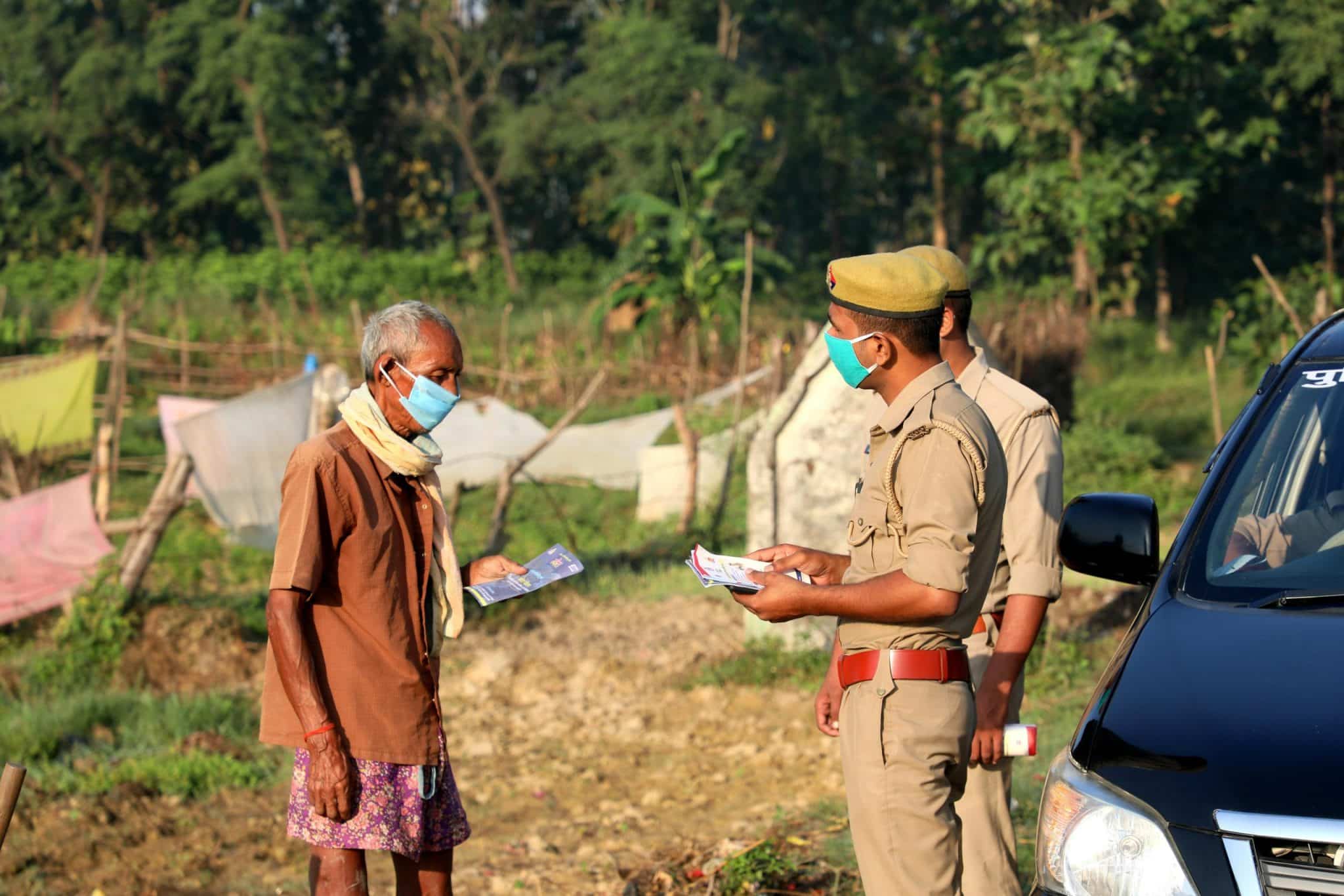Police K-9 Searches: Privacy Rights vs. Drug Enforcement
In today’s society, the use of police K-9 units is a common practice in law enforcement. These highly trained dogs are utilized for a variety of purposes, including drug detection, bomb detection, and suspect apprehension. While their presence can aid in the execution of duties for police officers, it also brings up some complex legal issues, particularly when it comes to privacy rights and drug enforcement. The question at hand is whether the use of K-9 units in police searches encroaches on the privacy rights of individuals or if it is a necessary tool for successful drug enforcement. Let’s explore this topic further.
The Use of K-9 Units in Police Searches
K-9 units are an essential part of law enforcement, used in various searches, including drug-related investigations. These specially trained dogs have an incredible sense of smell, making them highly efficient in detecting the presence of drugs. Their ability to detect contraband, such as illegal drugs, has been responsible for numerous drug arrests and convictions. However, the use of these units has sparked debates on whether their presence compromises the privacy rights of individuals.
Privacy Rights and the Fourth Amendment
To understand the concerns raised regarding the use of K-9 units in police searches, we must first look at the Fourth Amendment of the United States Constitution. This amendment protects the right of the people to be secure in their persons, houses, papers, and effects against unreasonable searches and seizures. In other words, individuals have the right to privacy, and any search conducted by the government must be reasonable, with a warrant or probable cause.
However, in the case of United States v. Place, the Supreme Court ruled that a dog sniff of luggage in a public place did not constitute a search under the Fourth Amendment. The rationale behind this decision was that a dog’s sniff could not reveal any information other than the presence of illegal drugs. Therefore, it did not violate an individual’s reasonable expectation of privacy. This ruling has been the basis for the use of K-9 units in police searches, including drug enforcement operations.
The Debate between Privacy Rights and Drug Enforcement
On one hand, the use of K-9 units in drug enforcement can be viewed as a necessary tool to combat illegal drug activity. The presence of these dogs can help law enforcement officials in identifying illegal substances, leading to arrests and convictions. This can have a deterrent effect on individuals involved in drug-related activities, making communities safer. Additionally, the Supreme Court’s decision in United States v. Place has set a precedent that supports the use of these units, making it difficult to challenge their use in court.
On the other hand, some argue that the use of K-9 units in police searches is a violation of an individual’s privacy rights. The presence of these units may create a sense of fear and intimidation, especially for those who are not involved in any illegal activities. It can also lead to false positives, where a dog may alert to the presence of drugs even when there are none. This can result in unwarranted searches and seizures, leading to violations of an individual’s Fourth Amendment rights.
The Need for a Middle Ground
The debate between privacy rights and drug enforcement in the context of K-9 unit searches is a complex one. While the use of these units can be beneficial in ensuring successful drug enforcement, it is crucial to balance it with protecting an individual’s privacy rights. One possible solution could be to establish stricter guidelines and training for K-9 units and their handlers, ensuring that their use is only in situations where there is probable cause. This will help prevent the violation of an individual’s Fourth Amendment rights while still allowing law enforcement to use these units in their investigations.
In conclusion, the use of K-9 units in police searches raises questions about privacy rights and drug enforcement. While their presence can be an effective tool in the fight against illegal drug activity, it is crucial to ensure that it does not compromise an individual’s constitutional rights. As society evolves, so should our laws and practices, to strike a balance between maintaining public safety and protecting individual privacy.










